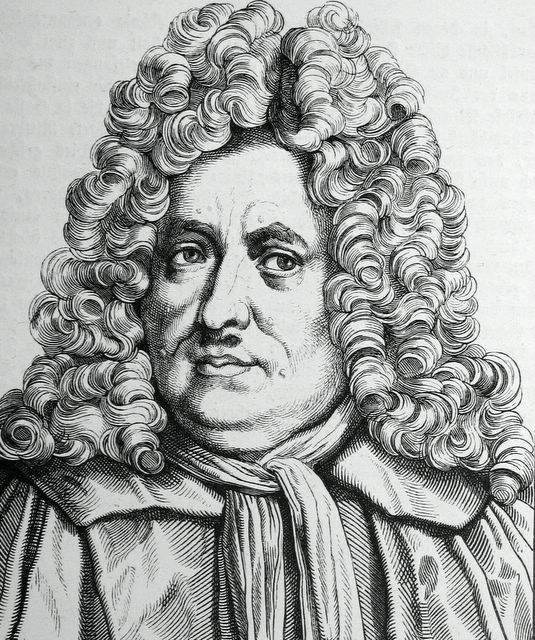(image: Christian Thomasius; source: Wikimedia Commons)
Abstract:
This book, according to the method of Begriffsgeschichte, explains the history of the notion of “Philosophy of Law”. Starting from the distinction between the “simulata” and the “vera philosophia”, the historical development continues with the Renaissance notion of “philosophia legalis” and shows that, from 1650 to 1730, treatises and manuals entitled “philosophia iuris” began to proliferate in Lutheran regions. These works (from Chopius until Reftelius, through Thomasius) had never been systematically studied. Starting from the Three-Year Course of Bachelor of Arts and from the Chair of “Natural Law”, these professors looked for some first Principles of Law and wished to establish a conceptual basis for the pedagogical transition from the Faculty of Arts and Philosophy to the Faculty of Law. After a few decades in which the notion of “ius naturale et gentium” was definitively imposed (1730-1780), because of Kant’s Philosophy there was a violent reaction against the philosophical “excesses” of rationalist Natural Law. Then Hugo and others coined the notion of “Philosophie des positiven Rechts”, to which some philosophers like Hegel responded with their “Philosophie des Rechts” or “Rechtsphilosophie”. Through this historical study, some reflections on the current dichotomy between “Theory” and “Philosophy of Law” are made and, according to the historical analysis, some solutions are proposedRead the full book here.


No comments:
Post a Comment